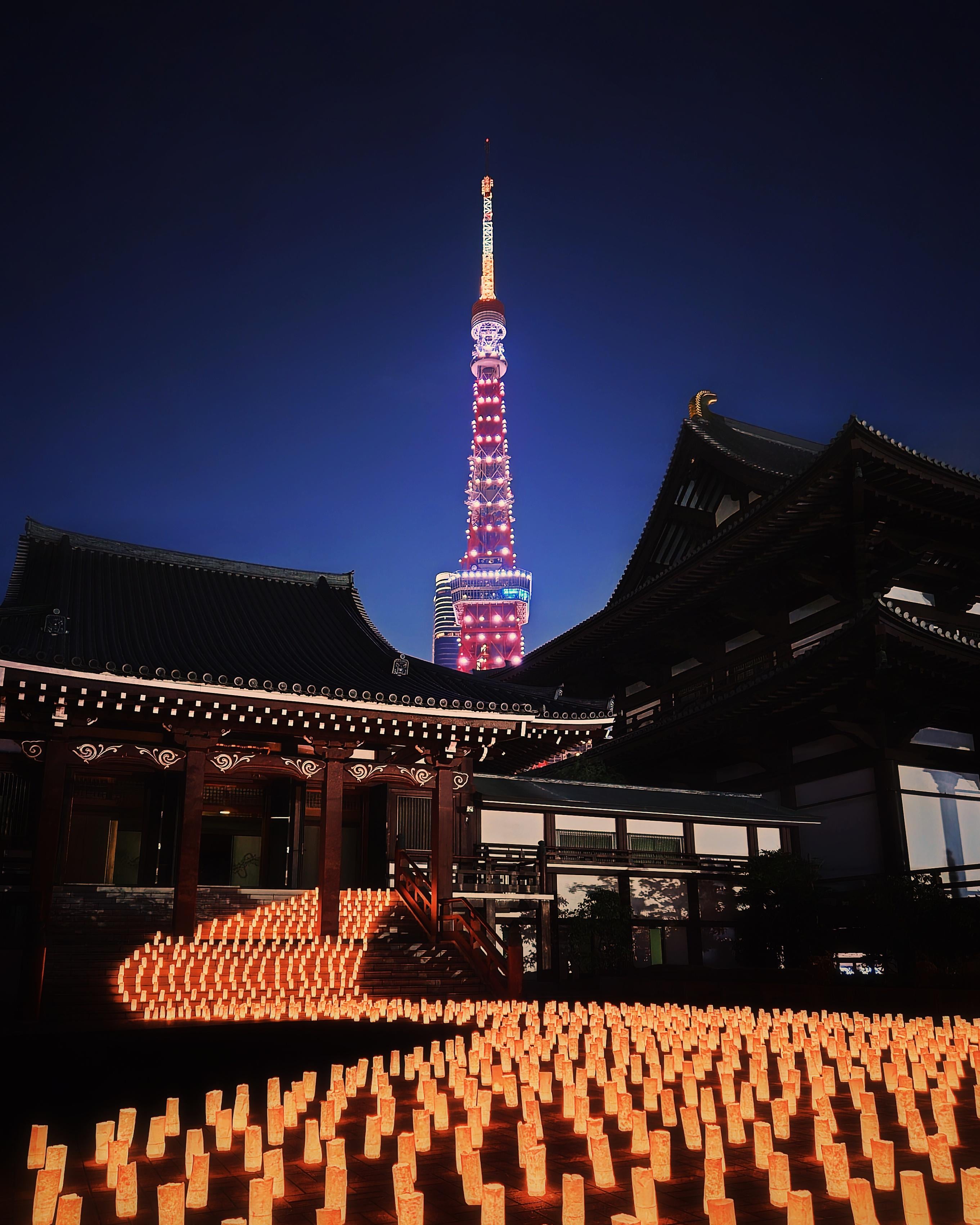[ad_1]

Tanabata, also known as the Star Festival, is a traditional Japanese celebration that takes place on the 7th day of the 7th month (July 7th) every year. The festival originated from a Chinese legend about two star-crossed lovers, Orihime (the Weaver Princess) and Hikoboshi (the Cowherd Star), who are separated by the Milky Way and only allowed to meet once a year on Tanabata.
During Tanabata, people write their wishes on strips of colorful paper called tanzaku and hang them on bamboo branches. These wishes can vary from personal goals to hopes for the future. The bamboo branches are decorated with other paper ornaments, such as origami cranes and stars, to create a festive display.
In addition to writing wishes, people also participate in various activities such as wearing traditional clothing, attending parades, and enjoying street performances. There are also special events and decorations in shopping centers and public spaces to commemorate the festival.
One popular tradition during Tanabata is making a special dish called sōmen, a type of thin noodles that are served cold and often eaten with tsuyu (a dipping sauce). It is believed that eating sōmen during Tanabata will bring good luck and health for the rest of the year.
Overall, Tanabata is a joyful and colorful festival that celebrates love, hope, and the power of wishes. It is a time for people to come together, make their wishes known, and enjoy the summer festivities.
